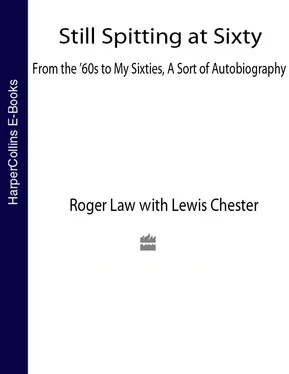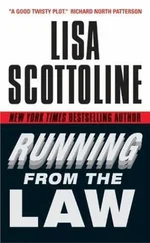Author of a string of yarns with titles like Where Ya’ Been, Mate ?, Wharton had a Solomon-like reputation. A cattle drover in his youth, he is now a kind of cultural drover, having walked about all over Australia, and a couple of neighbouring continents besides. Sponsored by R.M. Williams, the quintessentially Aussie outfitters, and dressed in their outback best – leather boots, moleskins, check shirt and Akubra hat – Wharton exudes an ambassadorial charm such that he has been known to set off on world lecture tours with just a $20 bill in his back pocket and to return three months later with the same dollar bill still intact.
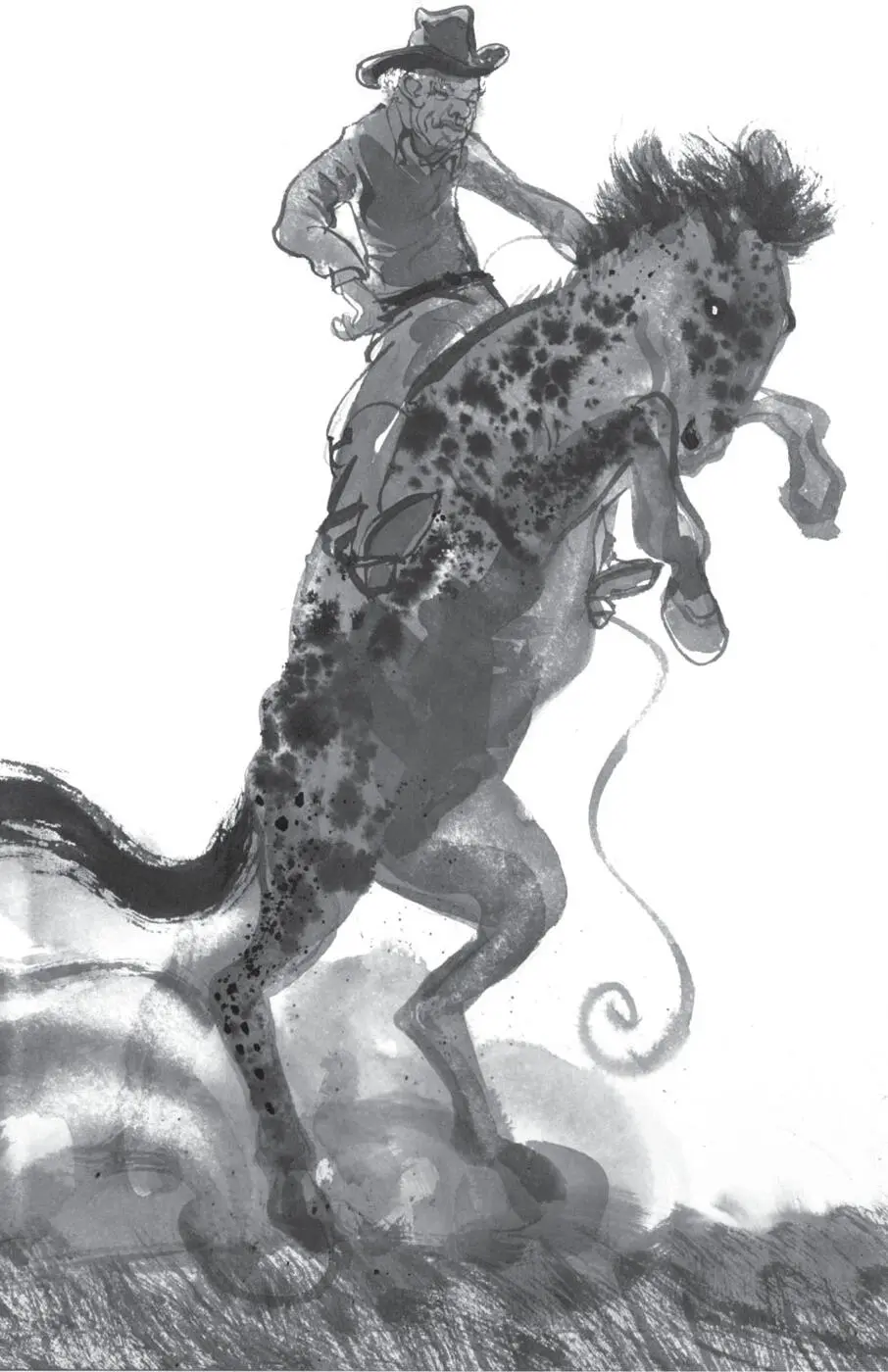
Herb Warton
Herb, who became a friend, was happy to apply his considerable mind to my situation. If I wanted to experience a new life, he said, I should make a point of getting out of the cities – there were different, mind-expanding worlds to be savoured in the outback. And, now that I had got my eye in by starting to paint again, I should be better placed than most to appreciate this fact. If I wanted to take him up on the offer, he said, he could introduce me to extraordinary parts of Australia, virtually unknown to the white man, that would blow my mind (though he couldn’t absolutely guarantee that David Attenborough had not at one time passed through with a film crew).
Herb later proved as good as his word. But at the time he struck a note of caution, warning me not to expect too much of anything, on account of things being a bit crook for all of us from the very beginning. And the fault, he thought, was entirely God’s. If only he had had the sense to create Adam and Eve as Aborigines, there would have been no such thing as the Fall of Man. An Aboriginal Eve, for sure, would have eaten the snake in preference to the pippin.
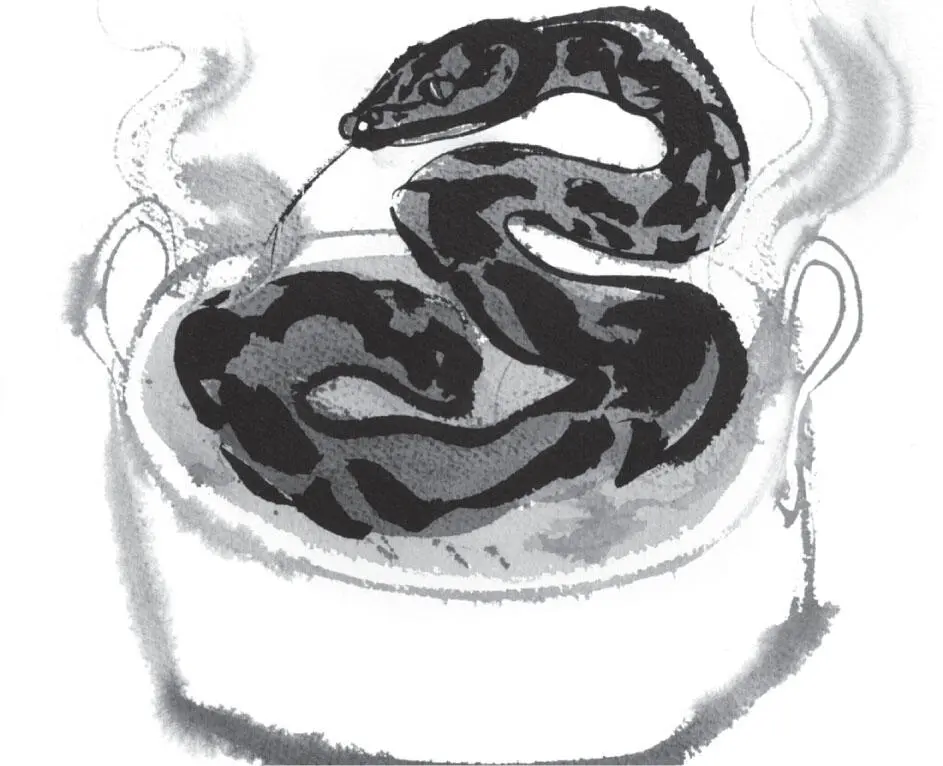
CHAPTER TWO
FEN BOY
My original sin was to be born in Littleport, a tiny town-cum-village struggling to keep its head above water in the heart of the Fens on the border between Norfolk and Cambridgeshire. In these days of high-speed motorways and second homes it is hard to imagine just how cut off from the rest of the world the Fens seemed in those days. Or indeed, to imagine how strange the outside world seemed to its inhabitants. My father, who ran his own construction business, would tell me about the time he had taken his workforce up to London to see the sights. This was reckoned to be a great success by the men, who spent the whole day going up and down the escalators at Liverpool Street Station. As a child, the only part of this story that I found improbable was my father ever allowing his workers off site for an entire day.
I was a wartime baby, born on 6 September 1941, but I cannot claim to have shared much in the war’s privations. Living close to the land we never went short, drawing nourishment from the acre of land we shared with an abundance of chickens, ducks, rabbits and a pig. At Sunday lunch it was my father’s proud boast that the only purchased ingredient was the flour to make the Yorkshire pudding. My father was often away in the army but he was not exactly a fund of conventional war stories on his returns to the comforts of home. By all accounts he spent more of his time fighting his own officers than he did fighting Hitler. A high proportion of his military service was spent in the glasshouse.
I have two graphic memories from my infancy. One was of a huge scary effigy of Hitler being burned in the centre of Littleport. That really was impressive, but not quite so entrancing as the visual experience I had when my father had the job of painting the Burnham Overy Staithe windmill. Before applying the pitch to the brickwork, he had me securely strapped to the windmill’s upper balcony. From this vantage I could look far out to sea through the tumbling sails. Magical.
Even as a child in the Fens you had a sense of living on the edge. There was always the feeling that the water might reclaim the land and that Littleport’s 4,000 inhabitants could be engulfed or, if they were lucky, resume their status as an island people. As kids we would go out with poles to certain fields and poke the apparently solid surface of the earth. Three or four feet down it would be like jelly. And if the place did not sink without trace, there seemed a good chance it would be blown away by the icy winds that came howling across the open spaces, straight from Siberia. At almost any time of the year the Fens could whip up a penetrating damp that chilled to the marrow. I don’t think I’ve ever been really cold since I left.
The character of the people was less wintry than the terrain, but it was to some extent shaped by it. From Roman times the Fen country has been a natural refuge for outlaws, as the bogs deterred hot pursuit by the forces of law and order. Hereward the Wake held out against the Norman invaders in the marshes around Ely before he was betrayed by a greedy abbot. In Regency times the Fens were a popular hideout for runaway black slaves, which accounts for some of today’s more exotic physiognomies.
The inaccessibility of the area was also prized by its more law-abiding inhabitants, who could comfortably subsist there by trapping, shooting and fishing the teeming water-lands. When they started to drain the Fens, there was no end of problems with the local labour hired to do the work. They would dig the trenches for money by day, and fill them in at night for free to deter the onset of progress. They were the original Fen Tigers. Eventually Irish navvies had to be brought in.
The works of central government were regarded with distrust, sometimes with good reason. It was a rising in Littleport that sparked the bread riots round the country in the wake of the Napoleonic Wars. These were stamped out with great ferocity. The officer in charge of quelling the disturbances was quoted as saying, ‘Last year the battle of Waterloo, this year the battle of Hullabaloo.’ In 1816 five Littleport men were hanged for their part in the rioting. I was acquainted with many of their descendants.
A sense of being at odds with the world beyond the Fens, even though many people made a living by selling produce to it, was very much a part of my upbringing. One consequence of this peculiar solidarity was that there was not a lot of class feeling, though some were richer than others. Nor was there much in the way of professional arrogance. The ranks of Fenland doctors and dentists seemed to contain an unusually large number of people who had been chucked out of the Royal Navy. Nor, it must be acknowledged, was there much in the way of cultural diversity.
Growing up in Littleport, my first artistic inspiration was Mr Baumber, the sign-writer. The most impressive thing about Mr Baumber was not so much the excellence of his signs but the casual elegance of his way of life. Unlike my father and my uncles, he seemed to exist very much on his own terms. The little work that he did he seemed to enjoy, and the rest of the time he would be pleasantly inebriated. You could say, in modern psychological parlance, that he was my first serious role model.
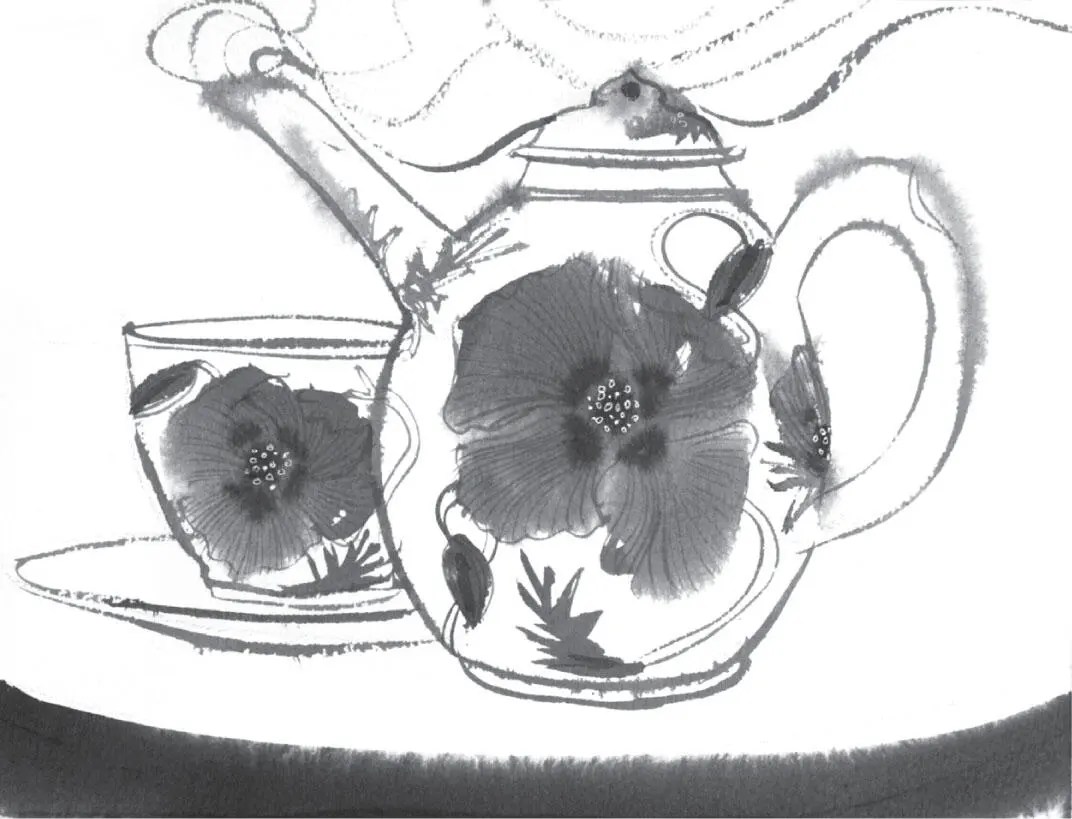
Even Mr Baumber’s imperfections had charm. It was said that his one serious deficiency as a sign-writer was a tendency to spell in a highly individual way. Thus when he painted the sign for my father’s building business, Law Brothers Building Constructors, his version came out as ‘Law Brothers Building Constrictors’. I later came to feel that Mr Baumber may have grasped an essential truth about the enterprise.
Читать дальше
